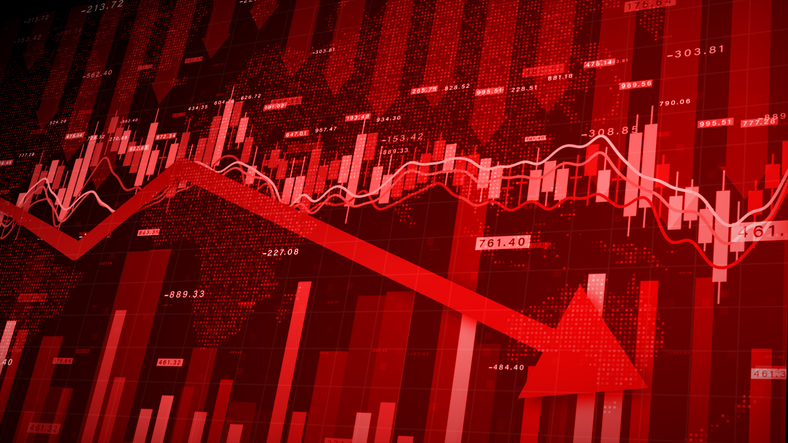The relationship between stock markets and the economy is complex and dynamic. On one hand, stock markets can serve as a barometer of economic health. They reflect changes in economic indicators such as employment, inflation, and GDP growth. On the other hand, stock markets can also have a significant impact on the economy. They influence business investment, consumer spending, and other economic factors. In this article, we will discuss the relationship between stock markets and the economy.
See Also: The Effect of the Aging Workforce on Business
First, stock markets can reflect changes in economic indicators. When the economy is strong and growing, stock markets tend to perform well, with rising stock prices and increased investor confidence. Conversely, when the economy is weak or in recession, the market may struggle, with falling stock prices and decreased investor confidence.
However, the relationship between stock markets and the economy is not always straightforward. Stock markets can also have a significant impact on the economy, influencing business investment, consumer spending, and other economic factors. For example, when stock prices are high, businesses may be more likely to invest in new projects. This can create jobs and stimulate economic growth. Similarly, when investors are confident, they may be more likely to spend money. This can lead to increased consumer spending and economic growth.
Moreover, the stock market can also affect consumer sentiment and spending. When the stock market is doing well, consumers may feel more confident in the economy and be more likely to spend money. Conversely, when the stock market is performing poorly, consumers may become more cautious. This, in turn, can have a ripple effect on the economy. Reduced consumer spending can lead to decreased demand for goods and services, which can impact businesses and ultimately slow economic growth.
However, it is important to note that the stock market does not always accurately reflect the health of the economy. In some cases, stock prices may be driven more by speculation and investor sentiment than by actual economic indicators. External factors, such as geopolitical events, natural disasters, and changes in monetary policy can influence the stock market.
In conclusion, the relationship between stock markets and the economy is complex and dynamic. While the stock market can serve as a barometer of economic health, reflecting changes in economic indicators such as employment, inflation, and GDP growth. It can also have a significant impact on the economy, influencing business investment, consumer spending, and other economic factors. However, it is important to remember that the stock market is not always an accurate reflection of the health of the economy.



















